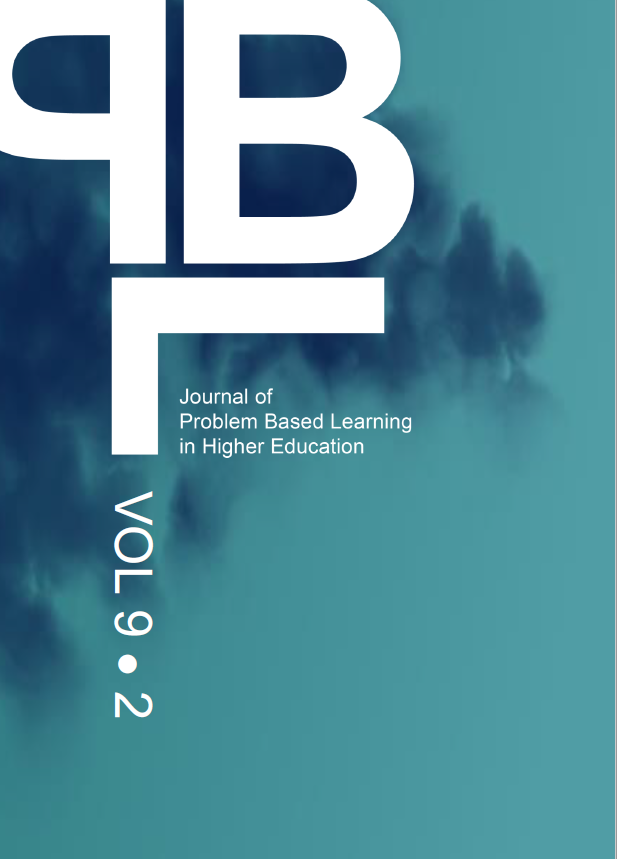Abstract
The overall purpose of this study is to prefigure the feasibility of Problem Based Learning (PBL) for building research and employability capacity of MA-students in the context of Gulu University. Following a description of the basic tenets of PBL, we explain how PBL was used in experimental community outreach workshops for MA-students between 2016 and 2019. More specifically we identify traces of traditional learning practices and discuss to what extent the new learning approach might change the student-teacher power relationship. Methodologically and analytically, our study draws on a practice theory model developed by Kemmis and Mutton (2012). Although our findings indicate subtle traces of a traditional student-teacher relationship, the analyses indicate that the PBL learning mode is a promising candidate for strengthening research capacity in view of preparing students for post-graduate employability and community transformation. The workshops were organized collaboratively as part of the Danida-funded programme Building Stronger Universities.
Articles published in Journal of Problem Based Learning in Higher Education are following the license Creative Commons Attribution 4.0 (CC-BY)
Authors retain copyright and grant the journal right of first publication with the work simultaneously licensed under a Creative Commons Attribution 4.0 International License (CC-BY). Further information about Creative Commons
